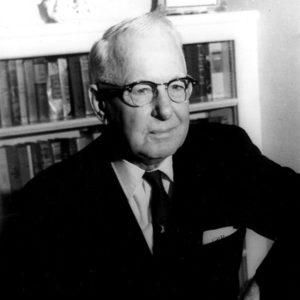 Jacob Hartz Sr.
Jacob Hartz Sr.
Entry Type: Person
 Jacob Hartz Sr.
Jacob Hartz Sr.
Hartz, Jacob, Sr.
Harvey, “Coin”
aka: William Hope Harvey
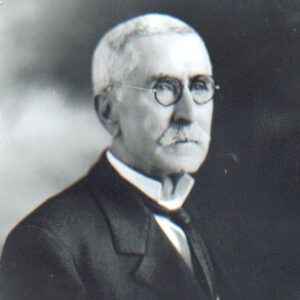 Coin Harvey
Coin Harvey
Harvey, Robert Drennen (Bob)
 Gene Hatfield
Gene Hatfield
Hatfield, Ken
Hatfield, Lester Gene
Hathaway, Isaac Scott
 Carlos Hathcock
Carlos Hathcock
Hathcock, Carlos Norman “Gunny,” II
Havis, Ferd
aka: Ferdinand Havis
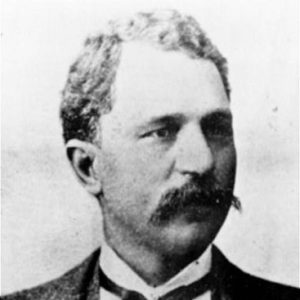 Ferd Havis
Ferd Havis
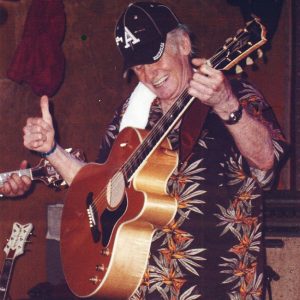 Dale Hawkins
Dale Hawkins
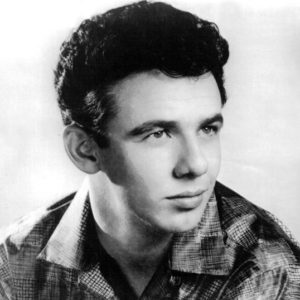 Dale Hawkins
Dale Hawkins
Hawkins, Dale
aka: Delmar Allen Hawkins
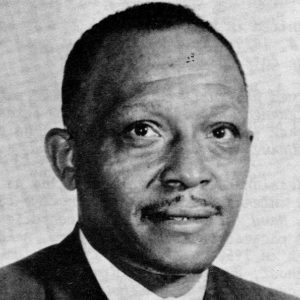 Edwin L. Hawkins
Edwin L. Hawkins
Hawkins, Edwin Luther, Sr.
Hawkins, Marlin Conover
Hawkins, Ronnie
aka: Ronald Cornett Hawkins
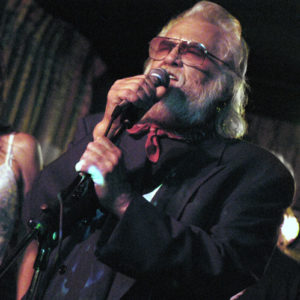 Ronnie Hawkins
Ronnie Hawkins
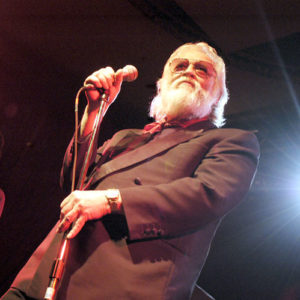 Ronnie Hawkins
Ronnie Hawkins
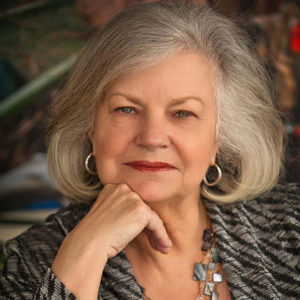 Ruth Hawkins
Ruth Hawkins
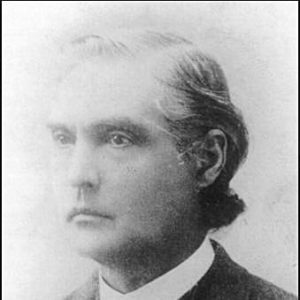 Alexander T. Hawthorn
Alexander T. Hawthorn
Hawthorn, Alexander Travis
aka: Alexander T. Hawthorne
Hayes, Morris Kevin
 Morris Hayes
Morris Hayes
Haynes, George Edmund
Haynie, Gussie Faye
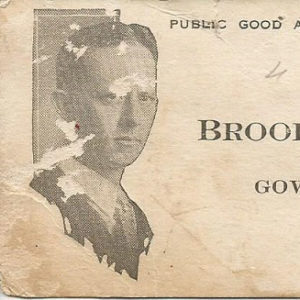 Brooks Hays Card
Brooks Hays Card
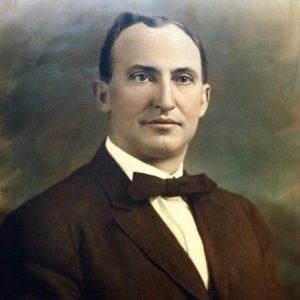 George Hays
George Hays
Hays, George Washington
Hays, Lawrence Brooks
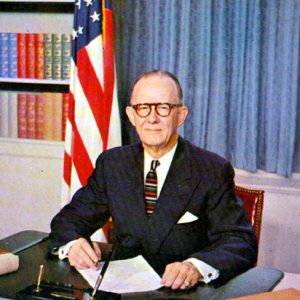 Lawrence Brooks Hays
Lawrence Brooks Hays
Hays, Lee Elhardt
Hays, Marion Steele
Hays, Skip
aka: Donald Slaven Hays
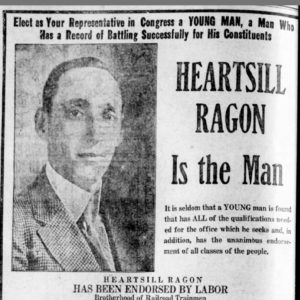 Heartsill Campaign Ad
Heartsill Campaign Ad
Heartsill, Willie Blount Wright (W. B. W.)
 Heaven’s Window
Heaven’s Window
Heckaton
Heerwagen, Paul Martin
Heiskell, John Netherland
aka: J. N. Heiskell
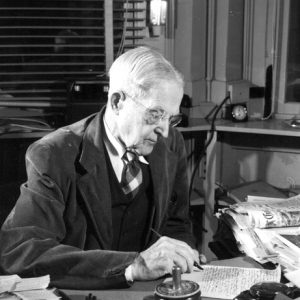 J. N. Heiskell
J. N. Heiskell
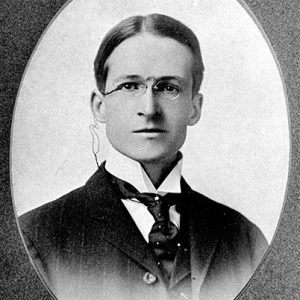 J. N. Heiskell
J. N. Heiskell
Helm, Levon
aka: Mark Lavon Helm
 Levon Helm
Levon Helm
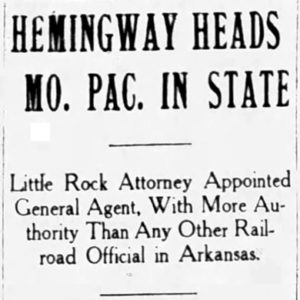 Hemingway Railroad Article
Hemingway Railroad Article




